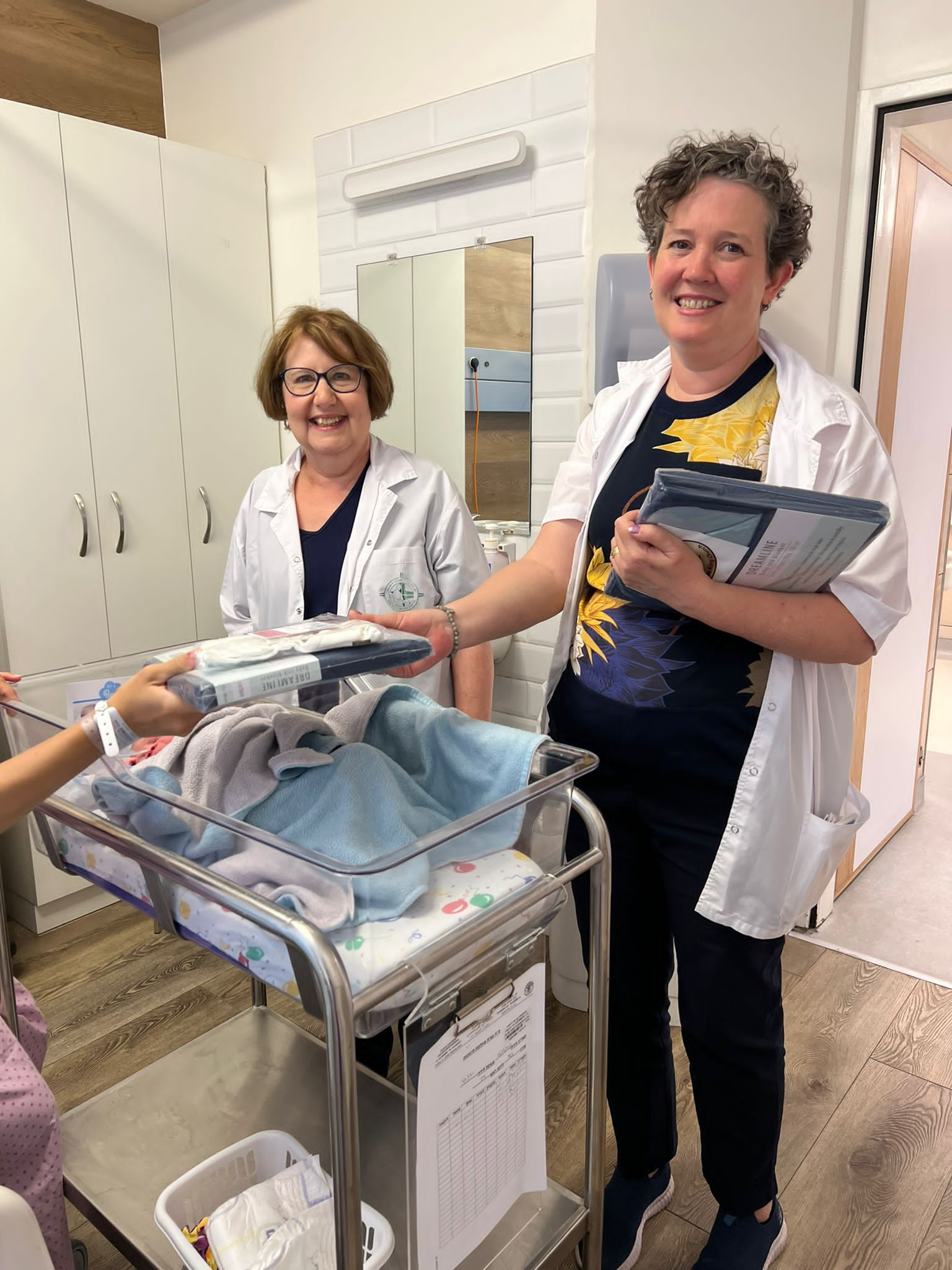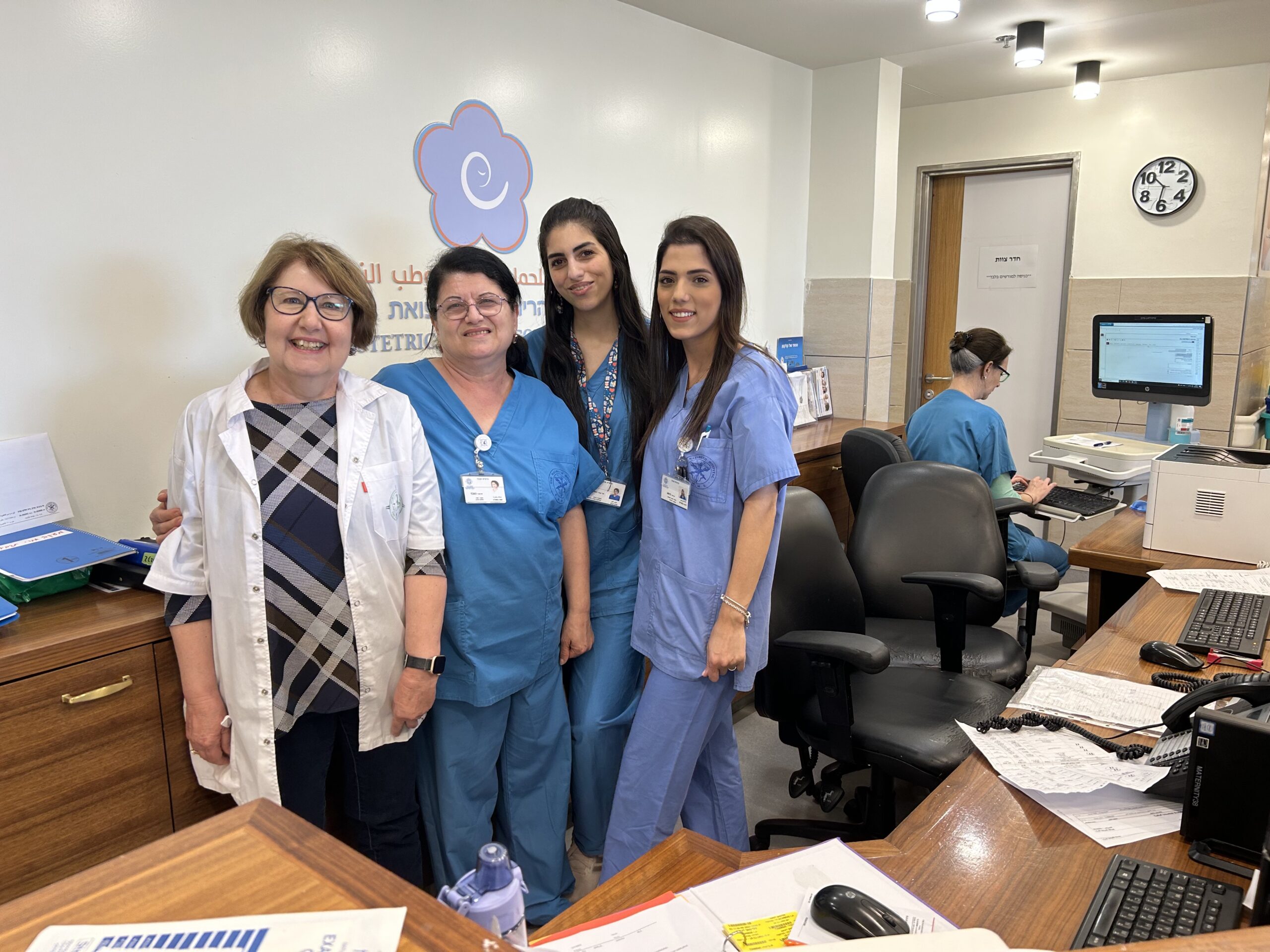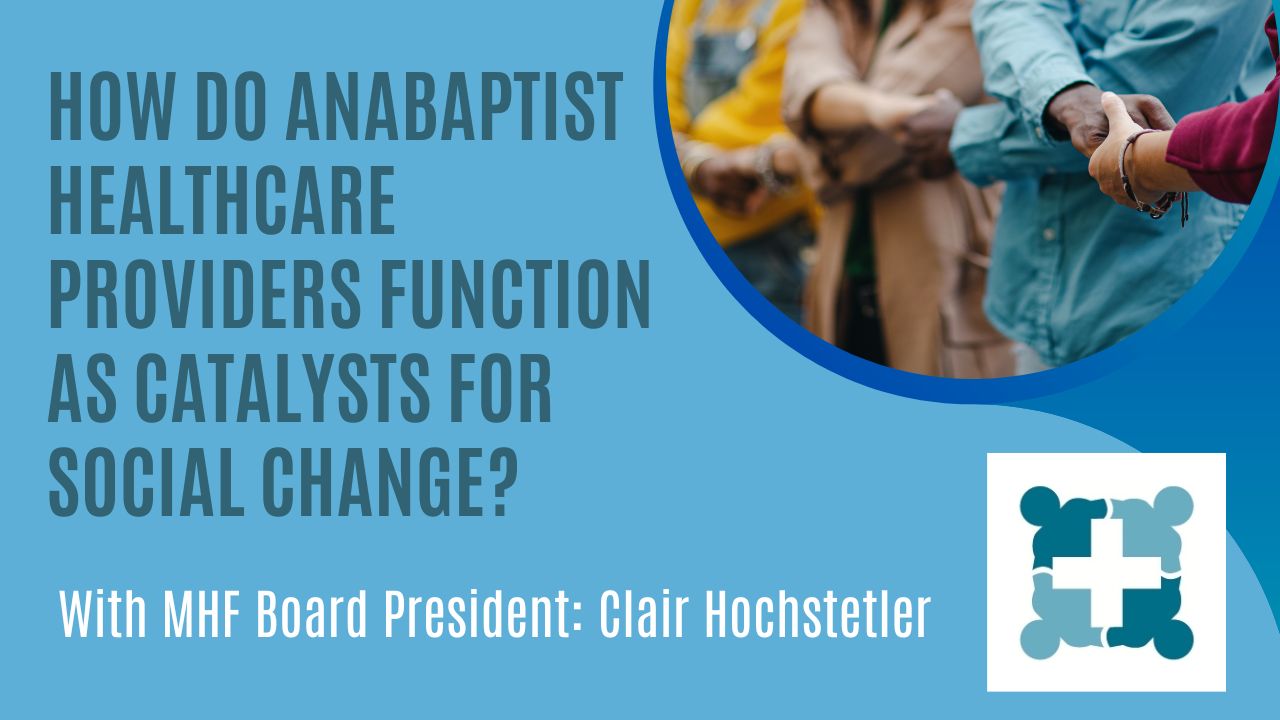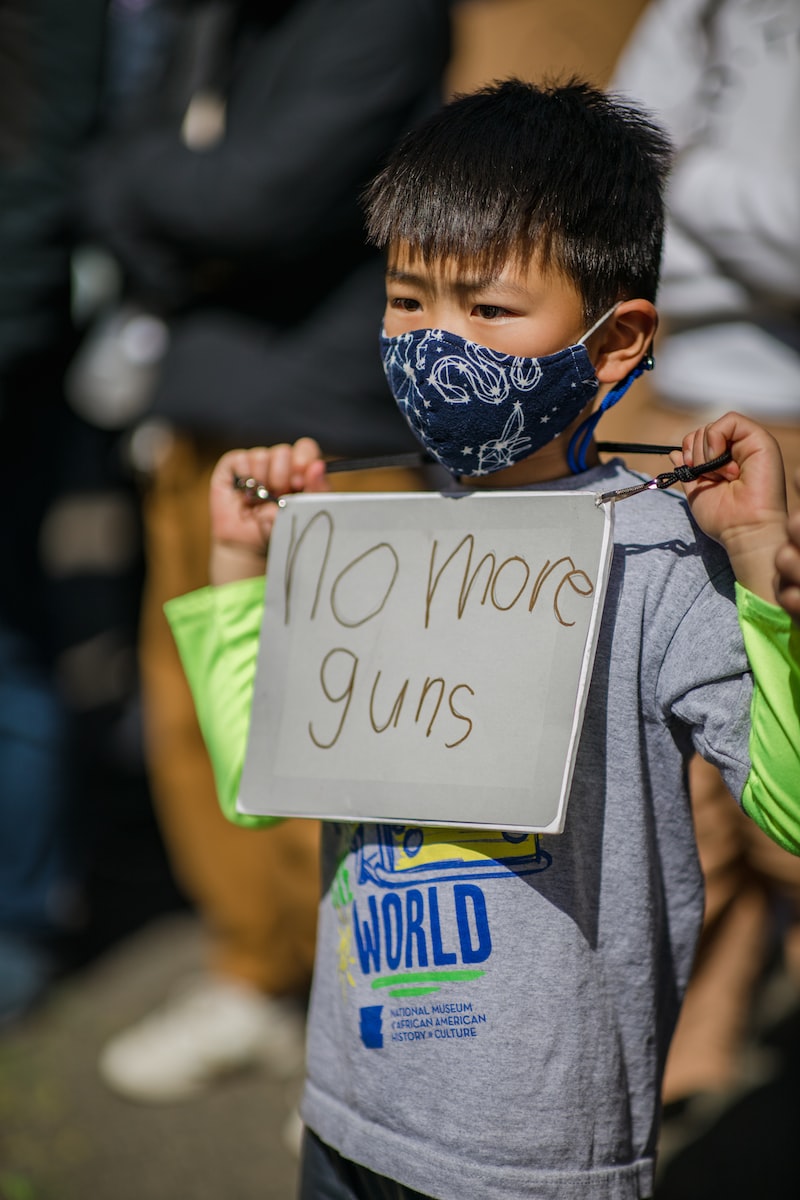2017 Annual Gathering Workshops
June 23-25 in Mt. Pleasant, Pennsylvania Workshop Sessions
Workshop Sessions
2017 Annual Gathering
Creating Healing Environments
June 23-25, 2017
Laurelville Mennonite Church Center
Mt. Pleasant, Pennsylvania
- Plenary Sessions
- Schedule
- Presenter Biographies
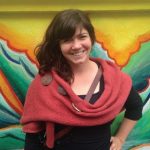 Repairing the Breach: Churches as Sites of Environmental Healing and Food System Change (1,2)
Repairing the Breach: Churches as Sites of Environmental Healing and Food System Change (1,2)
Katerina Friesen
Many of us are aware of the destructive disconnects within our industrial food system, including the loss of relationship between farm and community, the health disparities that fall along income inequalities and racial lines, and the paradox that much of the food produced and processed makes us increasingly sick rather than well. What are ways that people of faith can engage with food system change at a local level? Katerina will share a case study from her work with a community garden at a Methodist church in Oxnard, CA. The church led a participatory, asset-based community food assessment, partnering with area youth, farmworkers, and several grassroots organizations and governmental agencies to work for greater community food security for all.
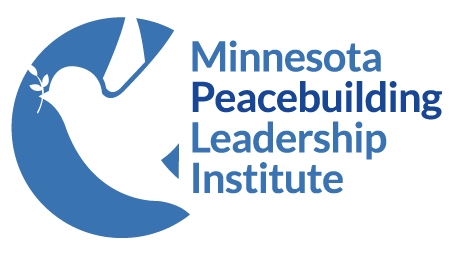 Introduction to Strategies for Trauma Awareness and Resilience (STAR) (2,3)
Introduction to Strategies for Trauma Awareness and Resilience (STAR) (2,3)
Donna Minter
STAR integrates evidence-based research from neurobiology, trauma healing, restorative justice, nonviolent conflict transformation, resilience, and broadly-defined spirituality so individuals, communities, and organizations can become trauma-informed, resilience-oriented, and restorative-focused for personal and group empowerment. While inclusive of the DSM-V medical model of trauma, STAR is designed for those seeking to address trauma from a broader bio-psycho-social-spiritual perspective. STAR addresses individual, community, historical, cultural, secondary, participant-induced, dignity violations, and structural traumas. This workshop introduces STAR’s concepts and models that fit well within the Anabaptist Vision.
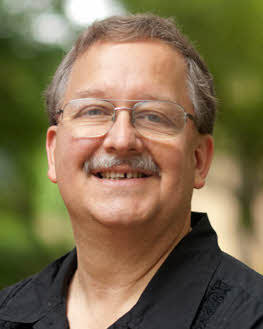 One Disease: Redox Imbalance as the Root Cause of Chronic Disease (1,4)
One Disease: Redox Imbalance as the Root Cause of Chronic Disease (1,4)
Michael Sherer
Diminished antioxidant capacity and increased oxidative stress dysregulate and damage physiological systems. This imbalance also increases susceptibility to the self-sustaining pro-oxidant, inflammatory states underlying chronic disease and aging. This novel redox health paradigm leverages current scientific medical research to empower patients and practitioners, lower costs and improve outcomes by tapping the body’s native healing and homeostatic capacity. The session will include time for discussion of the underlying science and ramifications of the paradigm for the theme of creating healthy spaces.
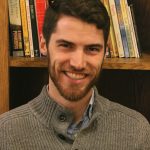 Restoring Trauma-Informed Care: Keeping Ourselves Accountable with Cultural Humility and Social Consciousness (1,4)
Restoring Trauma-Informed Care: Keeping Ourselves Accountable with Cultural Humility and Social Consciousness (1,4)
Aaron Erb
Trauma-informed care acknowledges that people experience adverse and complex reactions to trauma. Ironically, this “care” from service providers often whitewashes and individualizes trauma, ignoring the ways American society oppresses certain groups to remain trapped in high-risk trauma environments. Aaron will draw on his experience with restorative justice in Pittsburgh’s juvenile justice system to welcome everyone into a discussion of trauma-informed care that demands cultural humility, personal awareness, and social consciousness.
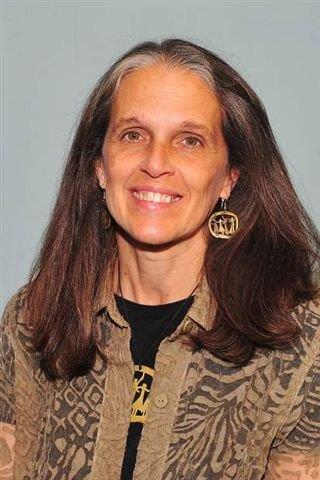
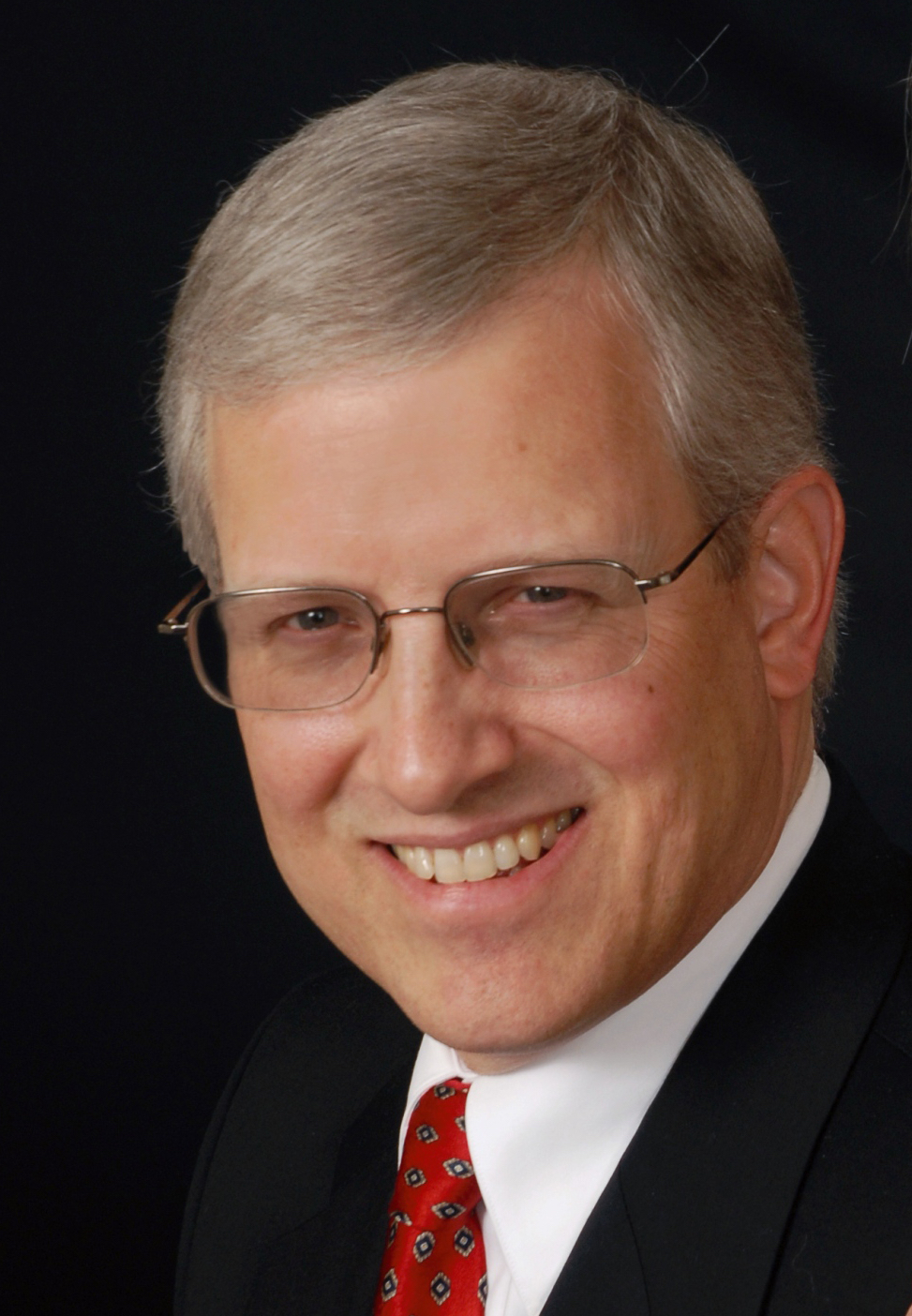
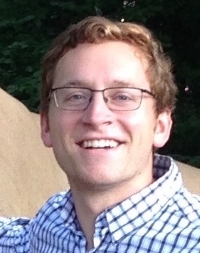 Training in the Healing Professions (1,2)
Training in the Healing Professions (1,2)
Randy Longenecker, Shari Leidig Holland, and Jason Spicher
Current health professions training programs teach to a variety of competencies (in medical setting these are patient care, medical knowledge, systems based practice, interpersonal communication, practice based learning and improvement, and professionalism).
How do we foster the development of empathy and healing in such a setting? How do we teach health professionals in training to care for themselves and others? We hope this workshop will provide a time for discussion and description of how some settings are encouraging trainees to develop a more holistic perspective of health and practice.
 Aging: A time for family conversations—and healing (1,4)
Aging: A time for family conversations—and healing (1,4)
Marlene and Gerald Kaufman
The seminar will focus on the various challenges that come to families as parents age. That includes making decisions about housing, finances, health and end of life. Healing can happen when families work together to find solutions and resolve any conflict that may arise. Beginning these conversations early is important and comforting. It is essential for the family to include the parents’ health care providers, financial advisors, lawyer, and pastor as part of their team.
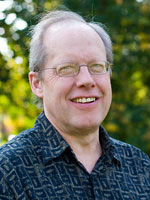 Healing Conversations around Contentious Subjects (2,3)
Healing Conversations around Contentious Subjects (2,3)
Kenton Derstine
It may be harder than ever in this “post-truth” era of fake news and polarized positions for redemptive conversation with those who differ. This workshop will explore the dispositions and practices that are most likely to allow dialoguing across differences, turning contentiousness into a healing connection.
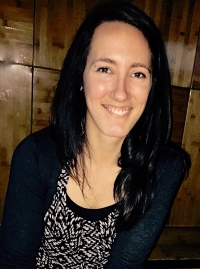
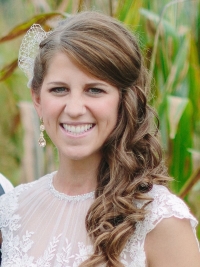 Mobilization for Service Reports (3,4)
Mobilization for Service Reports (3,4)
Indigo Miller and Laura Krabill
MHF sponsors cross-cultural service opportunities for health professions students and providers through the Student Elective Term (SET) and Steven Roth Memorial Grant Program. In this session, two 2016-17 grant recipients discuss their service experiences in Tanzania and how it has affected their identity as health professionals of faith.

